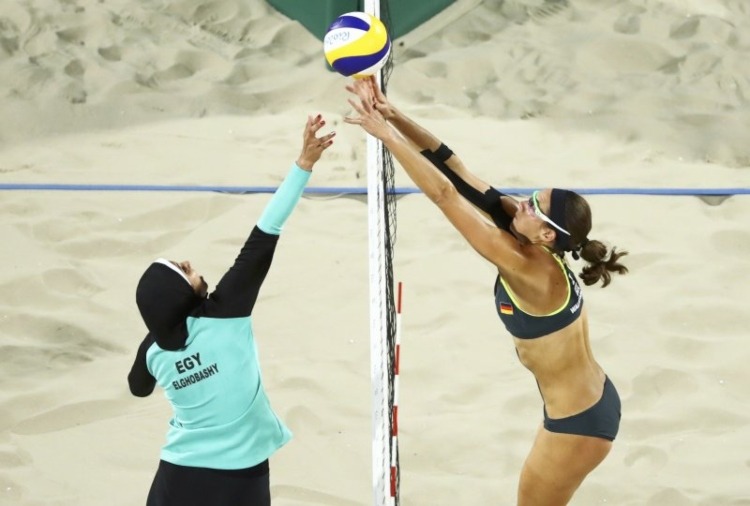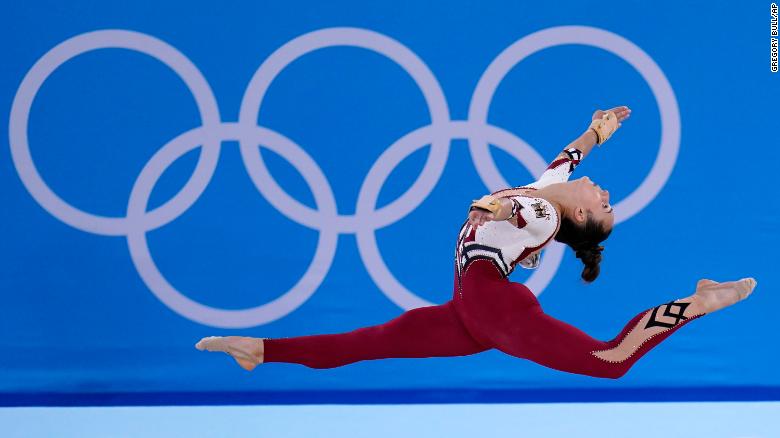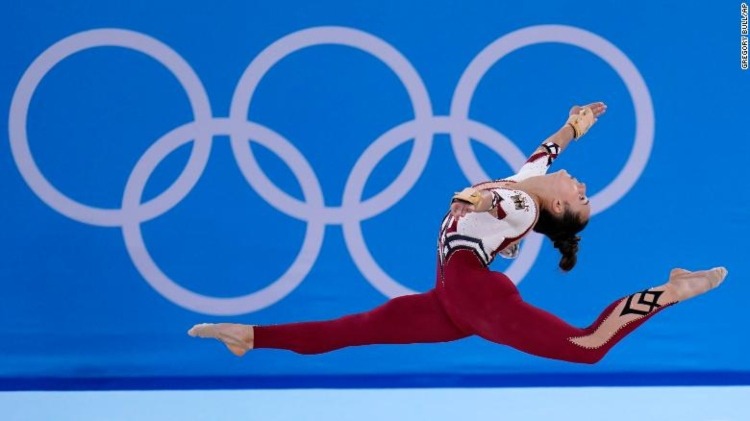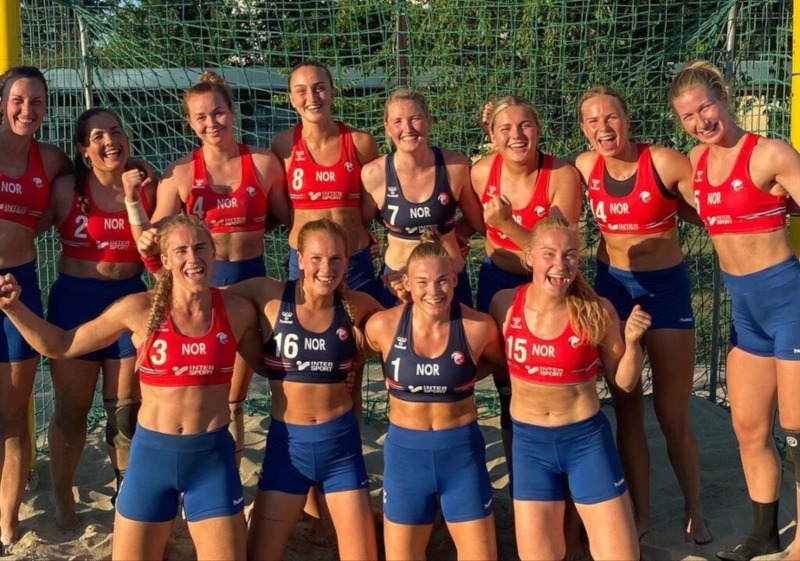The Olympics come every four years as a testament to human greatness and achievement. Across all countries and nationalities, we witness pioneers making statements with their backstories and sheer human will. But also, what athletes wear always ends up making waves and stirs up public dialogue or controversy.
When the dress code was first challenged
More than four years ago at the Rio Olympics, the Egyptian women’s beach volleyball team rocked the internet. The team chose to wear full-length sportswear instead of the standard bikini usually worn by athletes in the sport.

This iconic image garnered international attention and admiration for the strong statement made by women players. It also continues to show the power of sports in bringing different cultures together. At the other end of the spectrum, the image was also polarizing for some. It enticed bigoted remarks and hate speech for the Egyptian team, showing many’s Islamophobia.
New moves in the 2020 Olympics
Fast forward to the Tokyo 2020 Olympics, the Norwegian beach volleyball team refused to wear what they deemed as “embarrassing” regulation bikini bottoms and opted for shorts instead. As a result of this bold move, the European Handball Association’s Disciplinary Commission fined them for their “improper clothing.”
The Norwegian team took a stand against the impractical bikini bottoms. They showed up wearing shorts, what they usually wear in their training like their male counterparts. International outlets praised their choice and called it anti sexist and progressive by universal acclaim.
Another standout highlight against sexualization was the full-length unitard which the German Gymnastics team wore on their floor performance. When asked to explain the move, the German gymnast Elisabeth Seitz said, “we wanted to show that every woman, everybody, should decide what to wear.”

This was a historic first in women’s gymnastics, and a move that was hailed by many as groundbreaking. Many teams are set to follow this progressive path.
The increasingly improved reception to women wearing what they feel most comfortable in while competing begs many questions. Is this glorification a result of an ever progressing society?
Or is this positive reaction exclusive to Western ideas, and not to modest wear?
Only time and public opinion can tell, but the unyielding support for women’s right to choose what they wear is ultimately a positive highlight of this Olympics.




